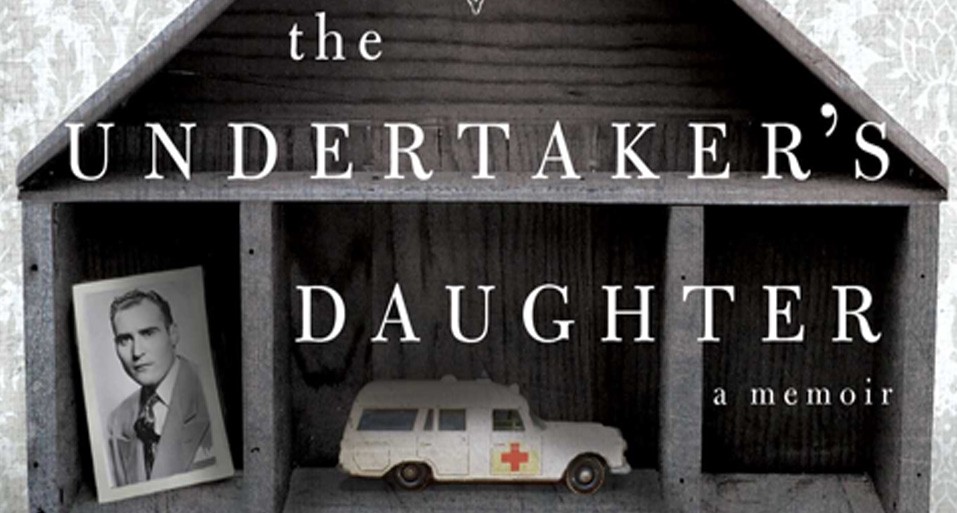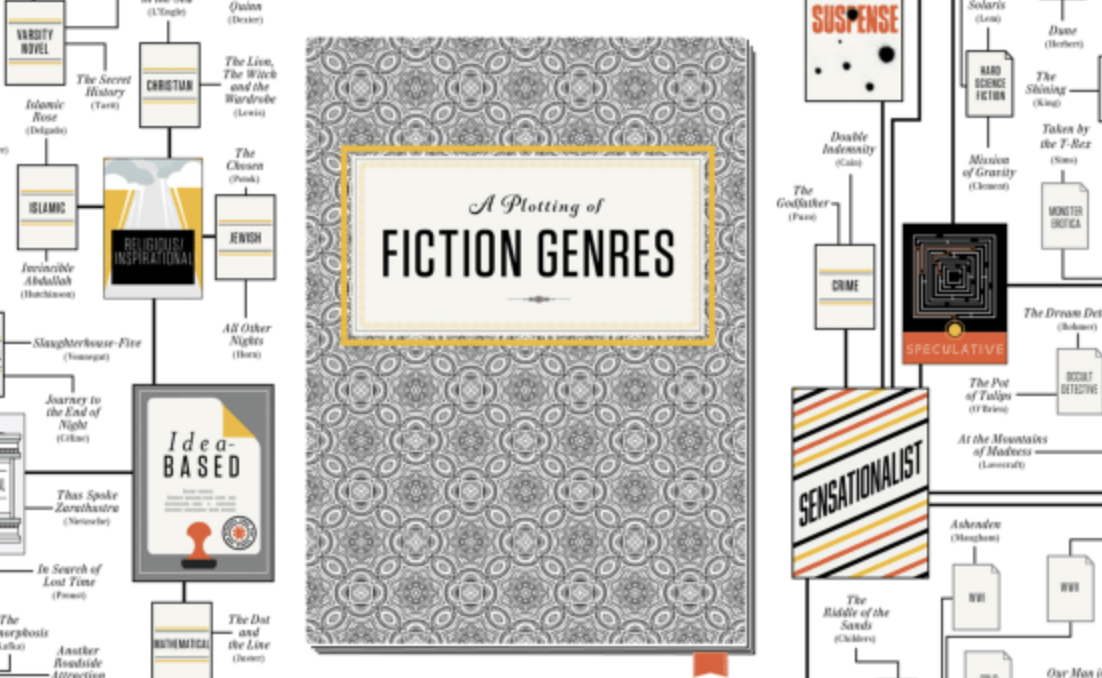Books & Culture
REVIEW: The Undertaker’s Daughter by Kate Mayfield

In Kate Mayfield’s memoir, The Undertaker’s Daughter, we get a peek into the house of a family living in close proximity to the dead. An undertaker in a rural Kentucky town in the 1960s, Mayfield’s father was at the constant beck-and-call of its citizens. Mayfield’s family lived above his small mortuary. A ring of the family’s phone meant death, and necessitated Mayfield’s father leaving the family to step into action — ushering local families through difficult decisions about final arrangements for their loved ones while almost simultaneously preparing the deceased’s body to be put in the ground. Mayfield is honest and reflective in The Undertaker’s Daughter, evoking rosy nostalgia. Here, though, the lessons in ethics are seen through a series of vignettes about death and dying, the science of Mayfield’s family’s business.
Mayfield’s mother hushed her children daily as visitations and funerals took place in the rooms below their living quarters. Out of respect for the deceased’s families, Mayfield develops a personality that is equal parts reactionary and controlled. “I learned that to live in an environment that cared for the needs of a constant flow of people — both living and dead,” Mayfield says, “it was necessary to steal an ounce of personal freedom wherever and whenever I found it.” Each of the Mayfield children absorbs the odd circumstances of their life differently, but they also each seem to have this same dichotomy within them. Their lives demand periods of silence and control, while being constantly exposed to heightened emotion and grief from the relatives of the dying. “I was funeral home trained from the beginning,” she tells us. Mayfield and her siblings had to live with death.
Mayfield’s father emerges at first as a saintly figure, generous almost to a fault. It’s clear that he takes pride in his job and sees his own behavior around the families of the dead as equally important to the work he does in the embalming room. Mayfield presents him initially through a filter of adoration: “Each funeral as an opportunity to imprint his stamp,” Mayfield tells us, “the details of which bore his personal touch. Not one strand of the corpse hair should go astray, not one of a family’s requests should go unheeded. A final perfected image, a memorable experience, was his unwavering goal.” But as the memoir continues, it becomes clear that Mayfield’s father — perfectionist though he is in his work — is no saint. His life as an undertaker pulls him away from his family more often than not and, as Mayfield ages, she comes to learn that in the time apart, he becomes someone else. She eventually identifies her father as more human, someone altogether different than the stolid image he presents to the town. The Undertaker’s Daughter asks us to consider how our role models may be both benevolent and flawed at the same time.
Mayfield’s view of herself changes as she ages, too, especially as she dates outside her race and comes up against the racial prejudices of people in her hometown. Through her father, she comes to know a reclusive woman who has been rejected by the town. Father and daughter take this recluse under their wing, and the relationship deeply affects Mayfield. She says, “I grew up feeling split down the middle with a partial stake in the robustness of life, and another that needed to retreat to silence and observation, to be alone and undisturbed.” Mayfield’s memoir feels a little too long by about one-fourth — the same conclusions regarding her father could have been realized in fewer pages, and she veers into a legal battle over property that feels like a separate B-plot — but she clearly renders her father as a complicated man, and in the process shows us how her family had to sacrifice to make his vocation possible.
Mayfield’s memoir doesn’t flinch when dishing out the details of death. In fact, she ventures into the specifics of her father’s work without ever becoming macabre. She seems to know there’s a certain amount of curiosity about the subject, while strategically tempering the scientific information with personal stories and portraits of small town Kentucky life. Mayfield does her strongest work when she shows her father as a real man with faults, and when she describes the many rituals surrounding death and dying that became a part of her daily life in the house of an undertaker. She never did want to take on the work herself, but she recognizes the significance of how her father let her into his world. “He could have chosen to declare the funeral home off-limits to my childhood. But he didn’t,” she says. “How fortunate I was that he allowed me to follow him downstairs each day to occupy his world.”

by Kate Mayfield










